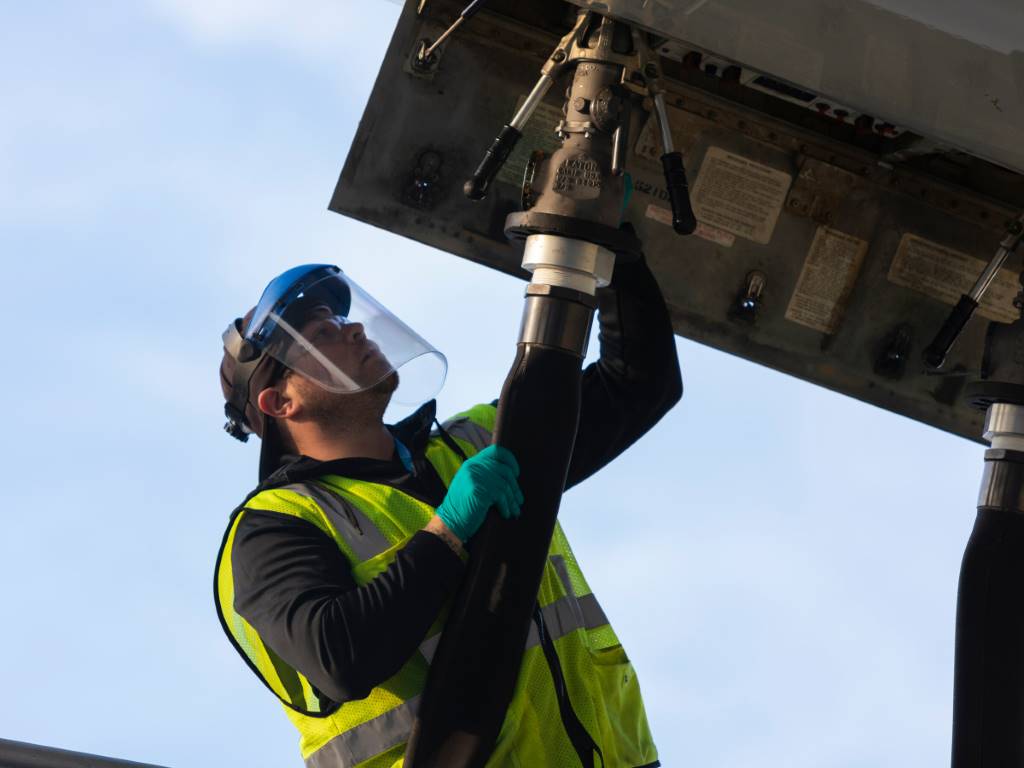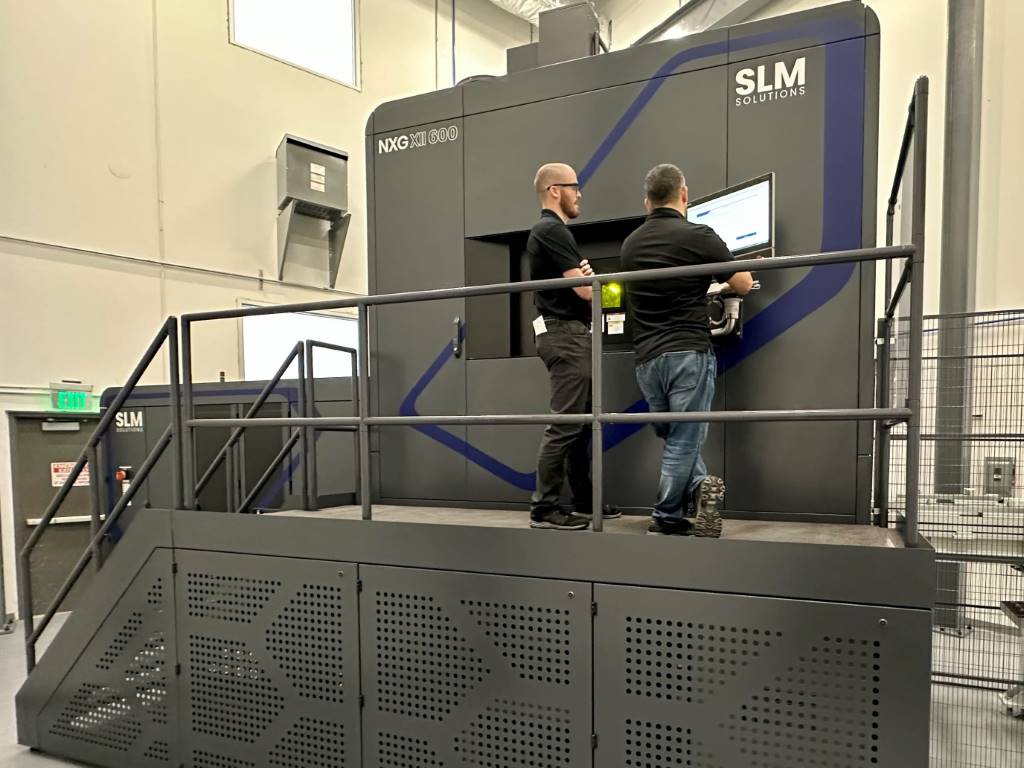SMEs ready for take-off!

According to FedEx Europe’s managing director UK sales, David Poole, the strong performance of the industry means the sky’s the limit for UK SMEs.
The British aerospace industry is currently soaring, with the UK standing as the second largest player on the global stage. As one of the most dominant international traders in the aerospace industry, as of 2013, almost three-quarters (74%) of total British aerospace exports were outside of the EU. With the country’s aircraft manufacturers experiencing a heightened level of activity, a whole host of potential knock-on benefits and opportunities have landed in the laps of British small and medium-sized enterprises (SMEs).
It’s no surprise the UK government pledged £100 million to boost the aerospace sector, in line with its aim to increase the value of the industry to £40billion by 2030. The industry offers huge potential, turning over a staggering £30bn and contributing over £9bn to the UK economy. In the first quarter of 2015 alone, the value of commercial aircraft deliveries hit a record £5bn, emphasising a rise in demand as a result of increasing passenger numbers.
However, the UK is facing mounting international competition, in Europe in particular, with country rivals increasing investment in skills training, technological innovation and supply chains. For example, in France, the aerospace industry saw revenues increase by 9% in 2013, and it is now the country’s leading source of exports, with 79% of sales abroad.
Benefits to SMEs
The strong performance of the aerospace industry is excellent news for SMEs. A vibrant ecosystem of small and medium-sized enterprises thrives alongside global-scale aircraft manufacturers. From firms specialising in the manufacture and repair of aircraft components to suppliers, aerospace consultants and design firms, the aerospace chain is home to a wide diversity of business prospects.

What is more, in addition to the natural drive in the sector benefiting SMEs, they are also benefitting from the fact that the aerospace industry is largely export-based. According to the latest figures from the International Air Transport Association, air passenger numbers are expected to reach seven billion by 2034, leaving aerospace manufacturers around the world striving to stay ahead of demand. With SMEs that develop internationally being far more likely to grow, the aerospace industry certainly represents a good opportunity for small and medium-sized businesses.
A race against the clock
The stakes are high for smaller businesses in the aerospace industry. With global air traffic continuing to grow, aeroplanes require a higher level of maintenance in their lifecycle, increasing demand for maintenance operations. Due to the extremely high cost of certain parts, it’s vital for suppliers to be able to honour their incoming orders on time and to be able to dispatch these as quickly and reliably as possible. If businesses fall short, they could run the risk of paying extremely heavy penalties, particularly, in the event of late delivery, as keeping an aircraft grounded is a very costly affair.
Overall, the aerospace industry holds great potential for UK SMEs. The pressure is on in terms of ensuring reliability, innovation and flexibility, but the results are certainly worth it.
To help achieve success in such a booming industry, we have put together our top five tips about how your business can flourish in this dynamic sector.
- Remain up-to-speed with the latest technologies and trends. Aerospace is a technologically advanced industry and the UK stands on the vanguard of innovation, so make sure your company continues to evolve so you can stay ahead of the game and boost your business.
- Be mindful of the regulatory red tape. Safety is a crucial requirement of the aerospace industry, so always ensure your components meet the strict certification standards. This is not only critical from a safety point of view but will also allow you to work with the major aerospace manufacturers and suppliers.
- Ensure your supply chain is streamlined. Aircraft manufacturers expect all components to arrive on time and in a perfect condition, otherwise they may impose hefty fines. Therefore, work with a logistics provider that offers full visibility and a highly reliable service when transporting your product, so you remain in control.
- Stay on top of international regulations. When it comes to importing aerospace products, many countries have specific legislation, which is regularly updated. Even if you’ve been exporting to a region for years, always conduct thorough research to avoid being penalised.
- Prepare for growth. Ensure you are prepared for the growth that will come with increased trade and exporting opportunities. Researching how to find funding to support growth is key. There is a whole host of useful information available from organisations such as the UKTI, FSB or even your logistics provider. When prepared, the growth opportunities are truly endless.













